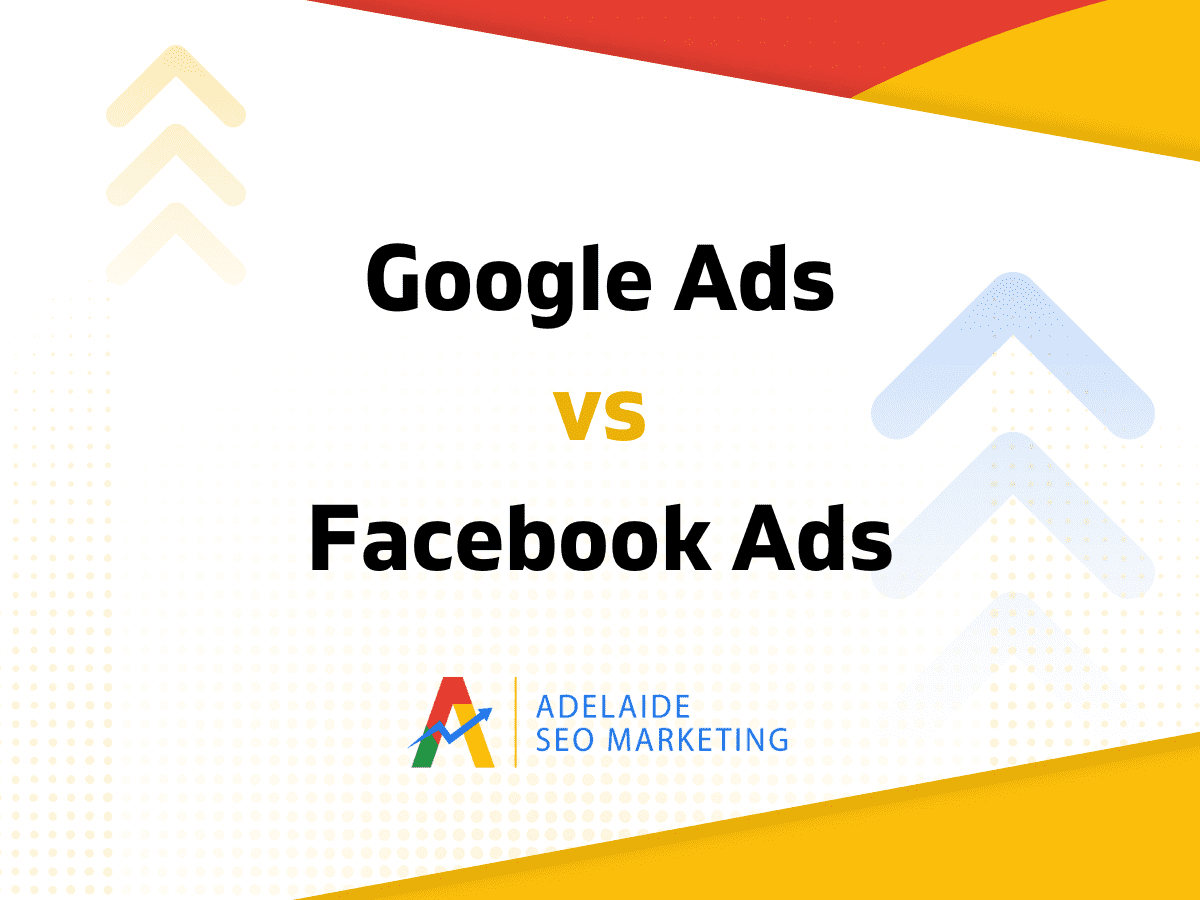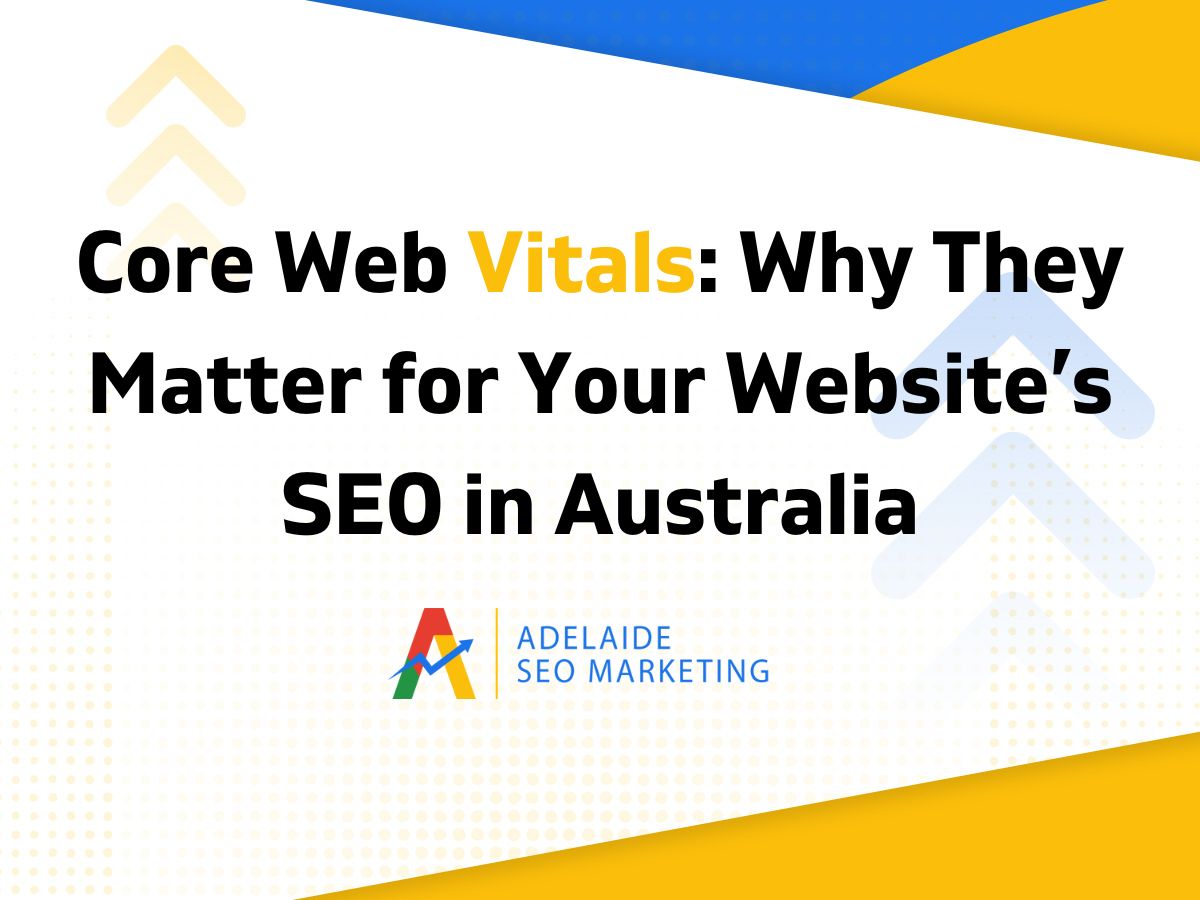In today’s digital playground, businesses have a myriad of ways to connect with their audience—from engaging webinars and viral social media posts to compelling videos. Yet, Google Ads and Facebook Ads remain the heavyweights of online advertising, each offering unique strengths that can significantly boost your marketing efforts. But with limited time and resources, where should you focus your efforts to get the most bang for your buck? Let’s dive into the comparison of these two advertising giants to help you decide.
Google Ads vs. Facebook Ads
In the world of digital advertising, marketers often pit Google Ads against Facebook Ads as fierce rivals. This long-standing competition has led many to believe that businesses must choose one over the other. But this notion is misleading.
As seasoned marketers at Adelaide SEO Marketing know, Google Ads and Facebook Ads are the titans of PPC advertising. Both platforms can drive impressive results for your clients, and many businesses successfully use both to maximize their reach. While Google is a cornerstone of online advertising, understanding where to allocate your resources can be challenging.
So, which platform should you choose for the best bang for your buck? Let’s explore!
What Are Google Ads?
Google Ads, formerly known as Google AdWords, is a PPC (pay-per-click) advertising platform that lets businesses pay for ads. These ads appear in search results on Google.com and across Google’s partner sites. It’s a way to showcase your business to people who are actively searching for what you offer.
How Do Google Ads Work?
Google Ads offer various ad types, with paid search placements being the most notable. These text-only ads appear based on relevance to search phrases and the advertiser’s bid for targeted keywords. Additionally, Google Ads include display ads across the Google Display Network and e-commerce ads showcasing specific products in search results.
Major Benefits of Using Google Ads
Extensive Reach: Google Ads can reach your intended audience almost certainly. Handling around 40,000 search requests per second, Google commands 92% of all search engine usage. The Google Display Network covers over 90% of internet users worldwide, increasing the chances of converting casual browsers into potential buyers.
Attracting a Buyer-Intent Audience: Google Ads connect advertisers with people actively searching for terms related to their business. This results in a high “purchase propensity.” For example, as winter approaches and your child outgrows last year’s coat, you might search “winter clothing for kids,” click on a relevant Google Ad, and make a purchase immediately.
Level Playing Field: A common misconception is that higher spending guarantees better results on Google Ads. However, Google prioritizes ad quality and relevance over budget, ensuring that well-crafted ads have a fair chance regardless of the advertiser’s budget.
Variety of Ad Types: Since its inception, Google Ads have evolved significantly. Advertisers can now use ad extensions, site links, consumer feedback, location targeting, Shopping ads, and more, offering unprecedented personalization and control.
What Are Facebook Ads?
Facebook Ads offer customized marketing within the Meta ecosystem. Ads can appear in Facebook’s Feed, Messenger, and other non-Facebook apps and websites. Available in various formats, including photos, videos, and slideshows, Facebook Ads can be tailored to highly specific audiences.
With Meta’s extensive reach, Facebook Ads are an exceptionally effective tool for targeting particular groups. A single campaign can reach over a billion people, making it ideal for businesses aiming for broad yet targeted reach.
How Do Facebook Ads Work?
Facebook ads appear in users’ feeds as they browse Meta platforms like Facebook and Instagram. These ads resemble regular posts but are marked as “Sponsored.” Facebook’s advanced targeting allows advertisers to reach audiences based on demographics, behaviours, and interests.
Major Benefits of Using Facebook Ads
Advanced Targeting Options: Facebook’s targeting capabilities are unmatched, extending beyond typical demographics to include life events, interests, and behaviours. This allows advertisers to pinpoint their ideal audience with precision.
Memorable Branding: Facebook excels at creating visually appealing ads that engage users. Its platform is designed for sharing multimedia content, enabling businesses to create impactful, memorable ads.
Outstanding ROI: Facebook Ads offer a remarkable return on investment, with advanced filtering options and tools for creating engaging ads. Even with a modest budget, skilled advertisers can achieve impressive results.
Key Differences Between Google Ads and Facebook Ads
Platforms: Google Ads include Search, Display Network, Shopping, and responsive ads. Facebook allows ads across Facebook Feed, Instagram, Stories, Messenger, and more.
Budgeting: Google Ads use a PPC model, where you pay per click and control your maximum cost-per-click. Facebook uses a budget system for daily or lifetime ad spend.
Targeting: Google Ads target users actively searching for products or services, while Facebook Ads offer advanced audience targeting based on user data and behaviours.
Conclusion
Choosing between Google Ads and Facebook Ads depends on your business goals and audience. Google Ads are generally better for driving sales through search intent, while Facebook Ads excel in brand visibility and engagement. Both platforms offer unique advantages, and the best choice will align with your specific objectives.
At Adelaide SEO Marketing, we stay ahead of the game to keep you informed about the latest trends and strategies. If you need help managing your ad campaigns, our expert team is here to ensure you get the most out of your advertising efforts.
FAQs
Are Google Ads more complicated than Facebook Ads? Google Ads can be more complex to master but are straightforward once understood. Facebook Ads are easier to learn but harder to perfect due to frequent platform changes.
Are Google Ads cheaper than Facebook Ads? Google Ads typically have a higher CPC, but they attract users further along in the buying cycle. Facebook Ads are great for raising awareness but might not convert as immediately as Google Ads.
What is the minimum cost for Google Ads and Facebook Ads? The average CPC for Google Ads is around $2.67, with a 3.57% conversion rate. Facebook Ads average $0.97 per click with a 9.21% conversion rate.
Ready to maximise your ad spend and drive impressive results? Contact Adelaide SEO Marketing today!

SEO That Converts: More Clicks, More Customers.
Your journey to online success begins here, with Adelaide SEO Marketing. We’re not just a service; we’re your partners in growth.







